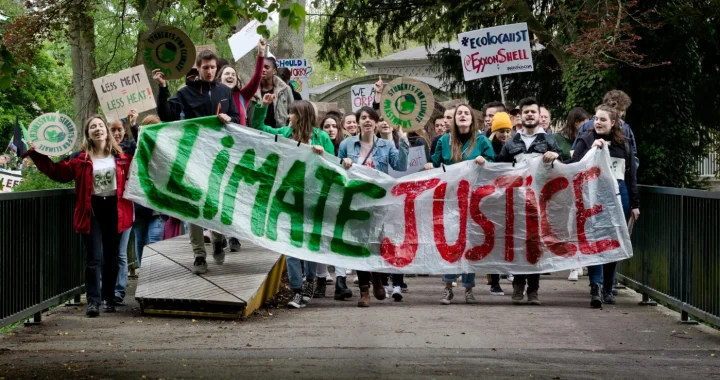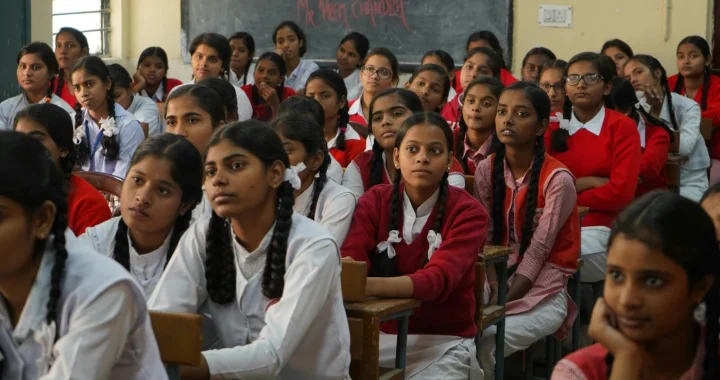Supporting Social Justice Progress Through Decent Work for All

Photo: Freepik.
In this world system, work supposedly gives people the means to support their lives. Data from the World Bank shows that there were 3.43 billion people in the labor force in 2022. Beyond just work, however, decent work must be achieved to truly empower people and support the progress toward social justice.
Decent Work & Social Justice
The International Labour Organization (ILO) defines decent work as workers having equal opportunities to do productive work, receive fair income and social protection, have room for growth, and participate in decision-making processes that would affect their lives. It means ensuring millions of working-age people, especially women, people with disability, and other marginalized groups, can lead prosperous lives through their earnings. This goal is in line with the Sustainable Development Goals Target 8.5.
Essentially, achieving decent work for all goes hand-in-hand with achieving social justice. How so? Decent work is an essential foundation for social justice because it allows people to make a living and support themselves. On the other hand, social justice helps ensure everyone has equal access to work opportunities and their rights protected in the workforce..
Conditions & Challenges
The work landscape is shaped by many factors. Major global events like the COVID-19 pandemic greatly affected the workforce, putting 33 million people out of work in 2020. Geopolitical tensions and economic fluctuation also influence job resilience, work productivity, and wage improvements.
In the World Employment and Social Outlook Trend 2024 report, the ILO shared that the global work landscape has recovered to almost pre-pandemic levels. There was a 0.2% improvement in the unemployment rate from 5.3% in 2022 to 5.1% in 2023. Similarly, the report also noted progress in female and youth participation rates, even though the level of improvement varies across countries.
However, the report further revealed that despite the post-pandemic recovery, slow productivity, financial fragility, and labor imbalance will likely disturb progress in social justice in the following years. In 2023, there were still 435 million people without jobs. Furthermore, the number of workers living in extreme poverty grew by approximately 1 million globally due to inflation.
Regarding workforce participation, the gender participation gap remains significant, especially in emerging and developing countries. The World Economic Forum’s Global Gender Gap 2023 report further stated that with 68.4% of gender gaps closed globally, it will take 131 years to reach full parity. Youths in many countries also face challenges due to the lack of training and education, which impacts their employment status.
Integrated Approach Needed
The ILO predicts that global unemployment will rise by 2 million in 2024, increasing the global unemployment rate by 0.1% to 5.2%. Even though it is a relatively modest rise, the fact remains that decent work hasn’t been achieved. Millions are still without jobs, many with jobs still struggle to survive, wages and living standards are declining, and participation gaps persist.
Advancing social justice through decent work will require an integrated approach from governments, businesses, and organizations across all the critical aspects of work. It includes ensuring fair and inclusive employment opportunities for all, providing capacity-building and lifelong learning to support work productivity, and equipping workers with safety nets and social protection throughout their lifetimes. It also means eradicating modern slavery in all sectors.
Overall, prioritizing fair and inclusive work environments where people can support themselves and thrive in society is essential to making progress in social justice. It is key to creating a world where no one is left behind.
Editor: Nazalea Kusuma


 From Anxiety to Action: How Youth Climate Activism Is Evolving
From Anxiety to Action: How Youth Climate Activism Is Evolving  India’s Supreme Court Declared Menstrual Health and Hygiene as Fundamental Rights
India’s Supreme Court Declared Menstrual Health and Hygiene as Fundamental Rights  Impacts of E-waste Pollution on Animals and Human Health
Impacts of E-waste Pollution on Animals and Human Health  Africa’s Solar Energy Surge: Why 2025 Was a Breakthrough Year
Africa’s Solar Energy Surge: Why 2025 Was a Breakthrough Year  Agrihoods: Integrating Farms and Urban Neighborhoods into Sustainable Communities
Agrihoods: Integrating Farms and Urban Neighborhoods into Sustainable Communities  Women in Waste Management: Asia’s Circularity Runs on Women. Its Policies Still Don’t
Women in Waste Management: Asia’s Circularity Runs on Women. Its Policies Still Don’t